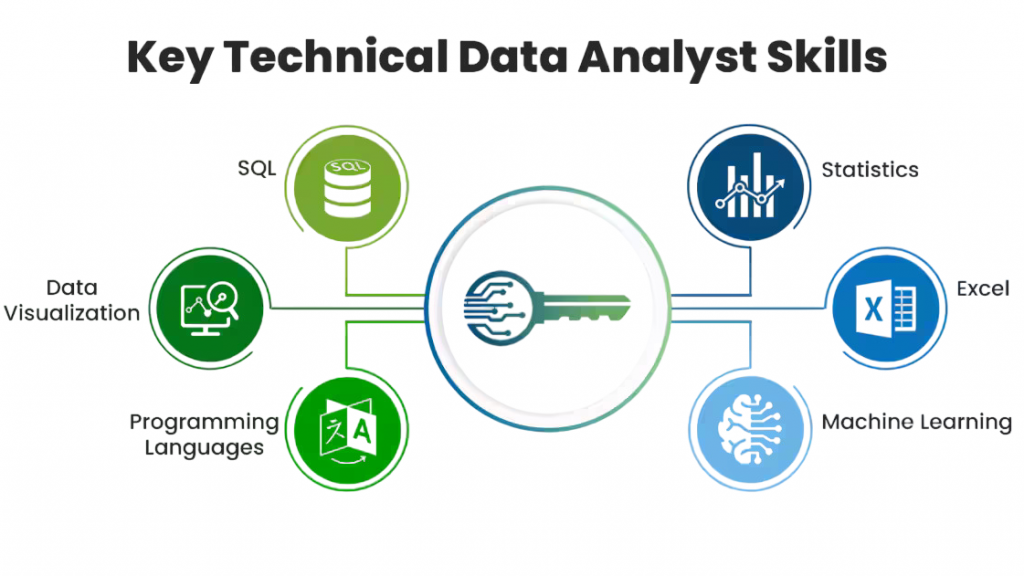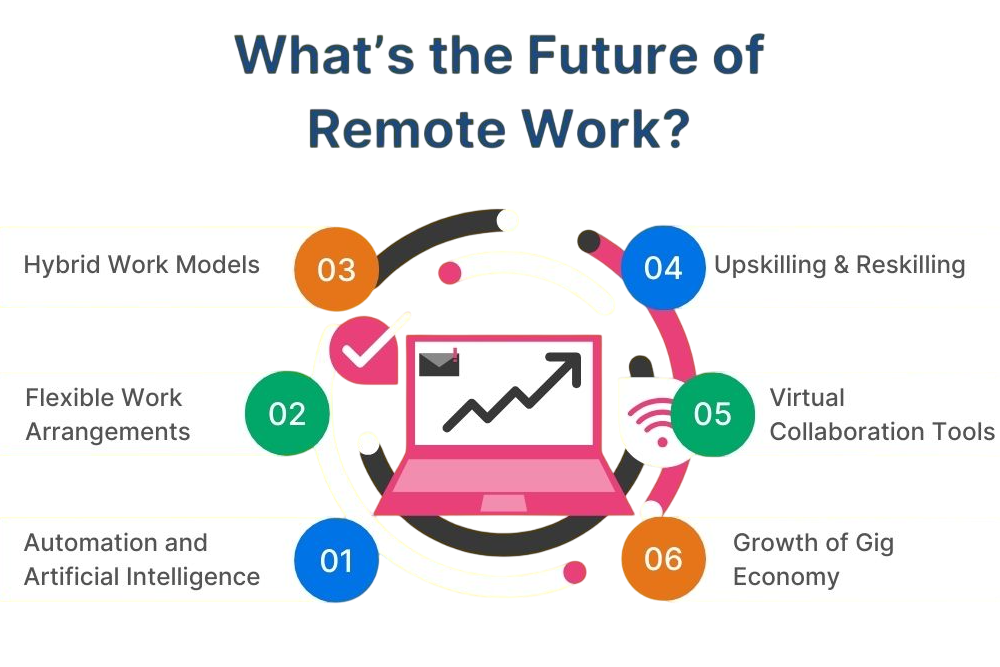
- Overview of BCA Degree
- Job Readiness After BCA
- Potential Job Roles After BCA
- Further Studies Options
- Government Job Opportunities
- Freelancing and Remote Work
- Tips to Boost Employability
- Conclusion
Overview of BCA Degree
A Bachelor of Computer Applications (BCA) is a three-year undergraduate degree program aimed at equipping students with a solid foundation in computer science and application development. Understanding Career Options after BCA helps students plan their professional journey strategically and make informed decisions about their future. The program focuses on both theoretical and practical aspects of computing, programming languages, software development, database management, and web technologies. To complement these technical proficiencies with career-ready communication and interview skills, explore Placement and Softskills Training a comprehensive program designed to help learners present their expertise confidently, collaborate effectively, and succeed in recruitment processes across IT and tech-driven industries. With the increasing demand for IT professionals in every sector, exploring Career Options after BCA becomes essential for graduates who wish to identify the right specialization and industry fit. Students can pursue careers in software development, web design, IT consulting, network administration, cybersecurity, and data analysis, among other fields. The BCA degree also emphasizes problem-solving skills and creativity, two crucial qualities needed in today’s fast-evolving tech-driven world. Moreover, for those seeking higher education, understanding Career Options after BCA such as pursuing MCA or MBA helps them advance into specialized or managerial roles, opening doors to long-term growth and success.
Job Readiness After BCA
Upon completing a BCA degree, students are ready to enter various job roles in the IT and tech industry. The program’s focus on core computer science subjects and hands-on experience through projects, assignments, and internships prepares students to face real-world challenges, while also opening diverse healthcare opportunities through Career Paths After BSc Nursing. The skills developed during the BCA program, such as programming languages (Java, C++, Python), database management, networking, and cybersecurity basics, help students become job-ready. However, to enhance employability and ensure a successful career, it’s essential to gain practical experience and stay updated with emerging technologies.
To Explore Soft Skill in Depth, Check Out Our Comprehensive Soft Skill Certification Training To Gain Insights From Our Experts!
Potential Job Roles After BCA
Software Developer
As a Software Developer, BCA graduates can create, test, and maintain software applications, which also aligns with diverse Career Options After B.Sc in technology and innovation. The role involves analyzing user requirements, designing software solutions, and writing code in various programming languages. The demand for skilled software developers continues to grow as companies increasingly rely on custom software to enhance business processes.
Key Skills Required:
- Proficiency in programming languages (C, C++, Java, Python).
- Knowledge of software development methodologies (Agile, Waterfall).
- Problem-solving and analytical skills.
- Familiarity with databases (SQL, MySQL, MongoDB).
Web Developer
Web developers build websites and web applications, focusing on both the front-end (what users interact with) and back-end (the server-side logic). They are essential in the creation and maintenance of websites for businesses, blogs, e-commerce, and social platforms. With the growing demand for online presence, web development is a rewarding field for BCA graduates.
Key Skills Required:
- Proficiency in HTML, CSS, JavaScript, and frameworks like Angular, React, or Vue.
- Understanding of front-end and back-end development (Node.js, PHP, Django).
- Knowledge of web design principles and responsive design.
- Database management and integration.
Job Responsibilities:
- Designing and developing responsive websites.
- Ensuring user experience (UX) and user interface (UI) quality.
- Writing clean, scalable, and efficient code.
- Troubleshooting and fixing bugs in web applications.
Data Analyst
A Data Analyst analyzes and interprets data to help businesses make data-driven decisions. BCA graduates with an interest in data science and analytics can step into this role, working with tools like Excel, Python, R, and SQL to extract meaningful insights from large datasets. Data analysts are in high demand across various sectors, including finance, healthcare, and marketing.

Key Skills Required:
- Strong analytical and mathematical skills.
- Proficiency in Excel, SQL, Python, and data visualization tools (Tableau, Power BI).
- Knowledge of data cleaning and preprocessing.
- Understanding of statistical analysis and predictive modeling.
Job Responsibilities:
- Collecting and organizing data from various sources.
- Analyzing and interpreting data to identify trends.
- Creating visual reports and dashboards for business stakeholders.
- Collaborating with teams to provide actionable insights.
Technical Support Engineer
A Technical Support Engineer provides assistance to end-users or businesses facing issues with computer systems, software, or hardware. BCA graduates can step into this role, offering troubleshooting services, resolving technical problems, and maintaining IT infrastructure. This job is ideal for graduates who enjoy working with technology and helping others.
Key Skills Required:
- Strong problem-solving and communication skills.
- Knowledge of operating systems (Windows, Linux, macOS).
- Familiarity with hardware troubleshooting.
- Experience with remote desktop tools and support software.
Job Responsibilities:
- Responding to technical support requests and providing solutions.
- Troubleshooting software, hardware, and network issues.
- Assisting in the installation and configuration of software and hardware.
- Providing documentation and guides for troubleshooting.
Network Administrator
A Network Administrator manages and maintains an organization’s computer networks, ensuring they operate efficiently. BCA graduates with an interest in networking can pursue a career in this field, handling network configuration, security, and troubleshooting, while enhancing their professional communication through Mastering Job Application Emails.
Key Skills Required:
- Knowledge of network protocols (TCP/IP, DNS, DHCP).
- Proficiency in networking tools and software.
- Familiarity with operating systems and firewalls.
- Strong understanding of network security practices.
Job Responsibilities:
- Setting up, configuring, and maintaining network systems.
- Monitoring network performance and ensuring security.
- Troubleshooting network issues and providing solutions.
- Managing and upgrading network infrastructure.
- Continuous Learning: Stay updated with the latest technologies and trends in the IT industry. Online courses, certifications, and workshops can help you gain specialized knowledge.
- Internships: Internships provide valuable industry experience and help build professional networks.
- Networking: Attend tech meetups, conferences, and seminars to connect with industry professionals and potential employers.
- Soft Skills: Develop communication, teamwork, and problem-solving skills. These are essential in any job and will set you apart from others.
- Portfolio: Build a strong portfolio showcasing your work, whether it’s software projects, websites, or data analysis reports.
- Personal Branding: Create a strong LinkedIn profile, contribute to open-source projects, and participate in online communities related to your field.
Are You Interested in Learning More About Soft Skill ? Sign Up For Our Soft Skill Certification Training Today!
Further Studies Options
After their BCA, the students have many opportunities to advance their careers and deepen their technical knowledge. Most of the students go for an MCA which is a detailed two years postgraduate programme providing advanced knowledge and skill in computer science and software development. The program covers topics like programming, database management, and IT infrastructure. To complement these technical skills with strong communication, collaboration, and workplace confidence, explore Softskills Training a practical program designed to help learners articulate ideas clearly, work effectively in teams, and succeed in interviews and professional environments. On the other hand, an MBA can be the most beneficial option for those who want to climb the managerial ladder, as it equips a professional with the necessary business management, strategic planning, and operational leadership skills in the tech sector. Moreover, a commitment towards futuristic technologies would make a person consider a postgraduate diploma in Data Science or AI where they can get the latest and advanced knowledge in such fields.
Government Job Opportunities
BCA graduates can also explore opportunities in the government sector. Various government organizations, such as Banking Sector (IBPS, RBI), Indian Railways, Defense, ISRO, and State Government Departments, require IT professionals for roles such as System Analyst, Data Analyst, Software Developer, and Technical Support Engineer, all of which fall under promising Career Options after BCA. Government jobs typically offer job security, a stable work environment, and a competitive salary.
Are You Considering Pursuing a Master’s Degree in Soft Skill? Enroll in the Soft Skill Masters Program Training Course Today!
Freelancing and Remote Work
Freelancing and remote work opportunities are increasingly popular, especially for tech professionals, offering flexible career paths that align with evolving trends in What to Do After B.Tech. With skills in web development, software programming, or data analysis, BCA graduates can work independently as freelancers, offering their services to clients across the globe.

Freelance platforms like Upwork, Freelancer, and Fiverr provide opportunities for IT professionals to secure projects and work remotely.
Are You Preparing for Soft Skill Jobs? Check Out ACTE’s Soft Skill Interview Questions & Answer to Boost Your Preparation!
Tips to Boost Employability
Conclusion
A BCA degree opens up various career paths in the IT industry, including software development, web development, data analysis, and cybersecurity. Exploring Career Options after BCA helps graduates identify roles that align with their skills and interests in this dynamic field. To strengthen their readiness for interviews, workplace communication, and team collaboration, graduates can benefit from Softskills Training a targeted program designed to build confidence, improve interpersonal effectiveness, and prepare candidates for success across diverse non-coding and technical roles. By pursuing further studies, securing certifications, and staying updated with the latest technological trends, students can expand their Career Options after BCA and significantly enhance their employability and career growth. With the right skills and dedication, BCA graduates can excel in both traditional jobs and freelancing opportunities in the ever-evolving tech world.





